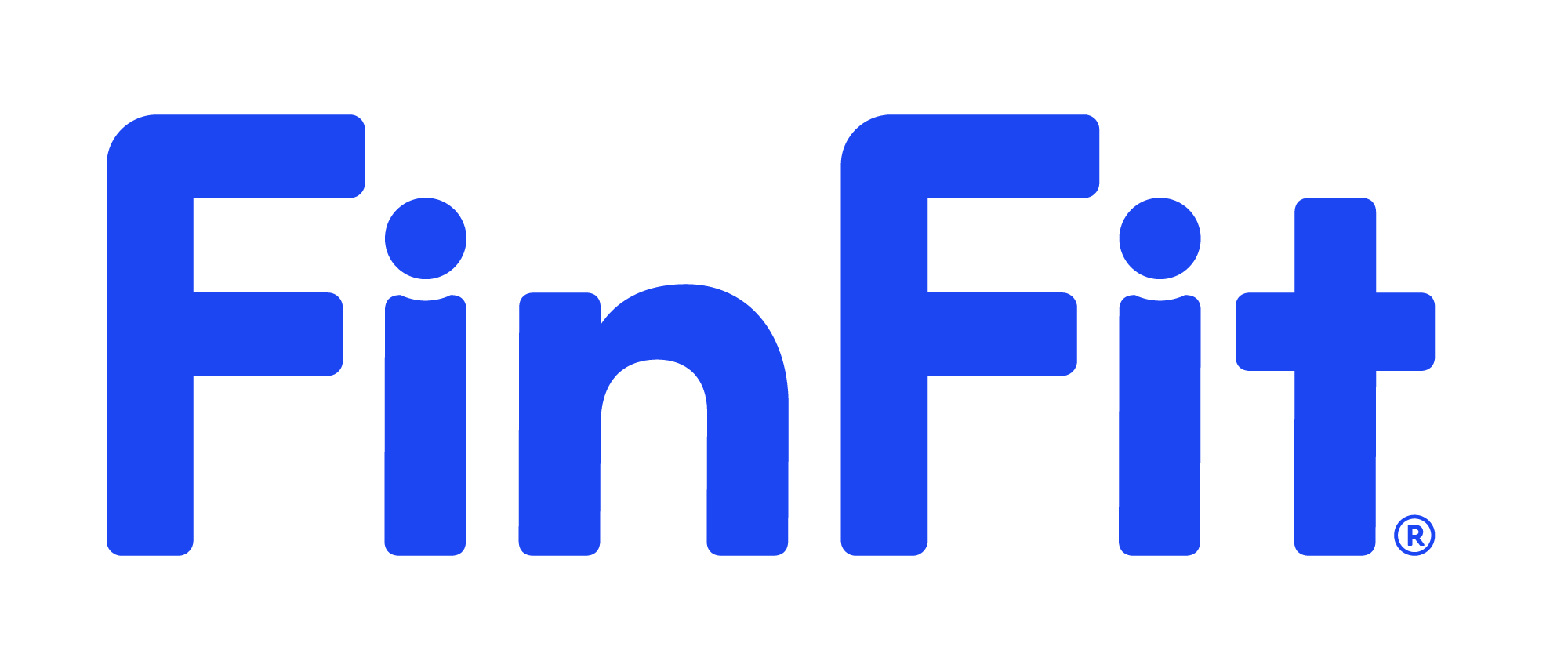Are you thinking about getting a new car or upgrading to something more reliable? Before you dive in, it’s essential to understand your financing options. There are different ways to buy a car, each with its own set of pros and cons. Let’s break them down.
Cash Purchase
Pros:
- Ownership from day one: Paying cash means you own the vehicle outright right away, giving you full control.
- No interest charges: You avoid interest and extra fees, saving money in the long run.
- Negotiating power: Cash buyers often have more leverage to get a lower price.
- No monthly payments: Without monthly payments, you have flexibility to manage other expenses, and you’ll never worry about falling behind with a lender.
Cons:
- Reduced savings: Paying upfront uses a significant amount of cash, potentially reducing your savings.
- Limited budget: Your choice of car is limited by the amount you’ve saved, which might restrict your options.
- Opportunity cost: Using cash to buy a car means you can’t use that money elsewhere, like paying off high-interest debt, investing, or saving for a down payment on a home.
Personal Lease
Pros:
- Lower monthly payments: Leasing generally has lower monthly payments than financing a purchase.
- Newer models: Leases often allow you to drive a newer car with up-to-date features, making it more cost-effective to run.
- Low upfront costs: Leasing usually requires a lower down payment, making it more accessible for some buyers.
Cons:
- No ownership: You won’t own the car at the end of the lease, and you may face fees for excess mileage or wear and tear.
- Higher long-term costs: While the monthly payments may be lower, leasing can be more costly over the long term compared to buying.
Hire Purchase (HP) / Installment Loan
Pros:
- Spread-out payments: HP allows you to spread out the cost over a set term, which can make budgeting easier.
- Ownership at the end: Unlike leasing, you own the car once all payments are complete, giving you ownership security.
Cons:
- Higher overall cost: HP agreements often come with higher total costs due to interest and fees.
- Depreciation risk: Since cars lose value over time, owning a car means its value may continue to decrease after your payments are complete.
Personal Contract Plan (PCP)
Pros:
- Flexible options: At the end of a PCP term, you can choose to return the car, buy it outright, or start a new lease.
- Lower monthly payments: PCP monthly payments are generally lower than those on an installment loan.
Cons:
- Mileage restrictions: PCPs often include mileage limits, and exceeding these can result in additional fees.
- Balloon payment: At the end of the contract, you may have to pay a significant “balloon” payment if you decide to keep the car.
Choosing the best option
When deciding, consider your financial situation, lifestyle, and long-term goals. Whether you go for the ownership of a cash purchase, the flexibility of leasing, or a structured financing plan, knowing the pros and cons can help you make the best choice for your needs.
 Learn
Learn